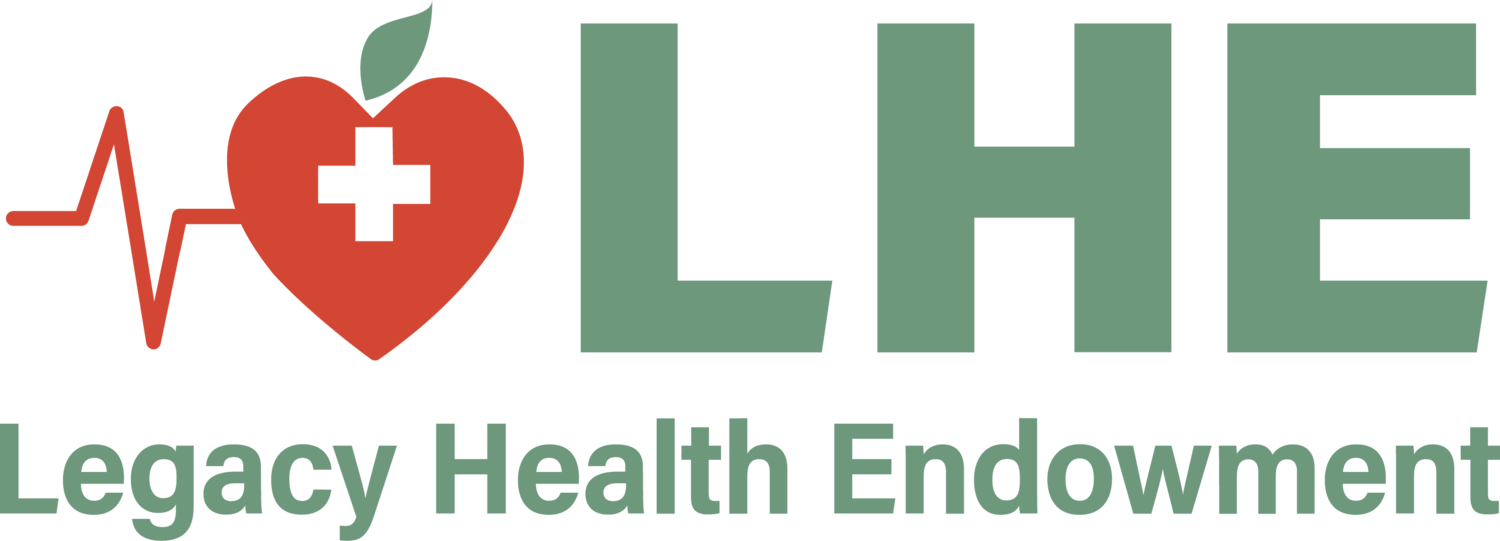PBMs and the 340B Program
Next year, our nation’s safety net hospitals and clinics will celebrate the 30th anniversary of the federal 340B drug pricing program. The 340B program operates on the simple principle that pharmaceutical manufacturers must do their part to address the problem of uncompensated care in this country as a condition of Medicaid and Medicare covering and reimbursing their products. As a result of drug companies’ participation in the program, taxpayer-supported providers receive deep discounts on the drugs they purchase which helps them offset the ever-increasing costs of being unreimbursed or under reimbursed for patient care.
The program, however, is under attack on two fronts. Manufacturers are trying to scale back the program in any way they can, setting their sights most recently on 340B providers’ use of retail and specialty pharmacies for dispensing their discounted drugs. Six manufacturers have unilaterally withheld 340B pricing on drugs dispensed through these contract pharmacy arrangements resulting in multiple lawsuits being filed and the federal government threatening to impose fines. Meanwhile, safety net providers are fighting to protect the 340B program on another front. Pharmaceutical benefit managers (PBMs) and other payers are increasingly singling out 340B drugs and pharmacies for reduced reimbursement which essentially transfers the benefit of the program from safety net providers to for-profit payers.
Over the course of the next year, we will issue a series of 340B White Papers that will focus on targeted issues to help explain original congressional intent, how the program may be being abused and targeted recommendations that elected officials could consider.
Our first White Paper takes a careful look at the relationship between PBMs and the 340B program. It provides an overview of how the PBM industry intersects with the 340B program and how reimbursement of 340B drugs, identification of 340B claims, 340B participation in PBM networks and related issues continue to be hotly contested by 340B stakeholders and their allies. The paper begins with a brief description of PBMs and the 340B program and then analyzes 340B discriminatory contracting practices by PBMs and advocacy efforts by the 340B safety net community to combat those practices.
We have come together as two advocates who believe in the importance of the 340B program today and tomorrow. While we may not always agree on every issue, we do concur on the most important matter: the long-term sustainability of the 340B program.

